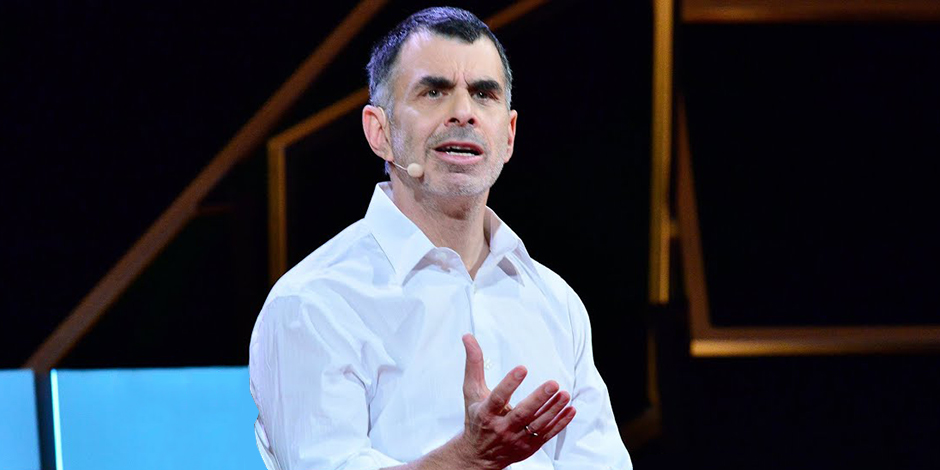NYC Health + Hospitals' CEO and President Dr. Mitchell Katz's TEDMED Talk Debuts Online
TEDMED talk discusses how "middle class-centered" health care assumptions affect low-income patients Primary care physicians can become champions for low-income patients, says Dr. Katz
Oct 02, 2019

The TEDMED talk of Mitchell Katz, MD, President and CEO of NYC Health + Hospitals, today debuted on TEDMED.com and TED.com. Dr. Katz’s talk focuses on the erroneous assumptions made about patients and their resources, which ultimately affect their ability to not only access healthcare, but to adhere to medications and a lifestyle that is conducive to their overall health. Dr. Katz explains that the United States’ healthcare system is built on a middle class model that often doesn’t meet the needs of low-income patients. The assumptions in this model – that one speaks English, that one can take off in the middle of the day to see a doctor, and that one has a working phone – Dr. Katz says, makes it difficult to close the disparity in health care that exists along economic lines despite the expansion of health insurance under the Affordable Care Act. Dr. Katz’s talk can be found on tedmed.com.
“Health care in the United States assumes that you have a home with a refrigerator for your insulin, a bathroom where you can wash up, a bed where you can sleep without worrying about violence while you’re resting,” said Mitchell Katz, MD, President and CEO of NYC Health + Hospitals in his talk. “But what if you don’t have that? What if you live on the street, you live in a congregant shelter where every morning you have to leave at 7 or 8 a.m.? Where do you store your medicines? How do you put your legs up if you have congestive heart failure? Is it any wonder that providing people with health insurance who are homeless does not erase the huge disparity between the homeless and the housed.”
In his talk, Dr. Katz shares anecdotes of patients who couldn’t attend an appointment or delayed seeking care because they were without middle class means. One patient didn’t have a ride to an appointment an hour away, or another patient who delayed seeking care for four days despite symptoms of partial blindness in both eyes because he didn’t have paid sick leave at work.
Drawing from his experiences as a primary care physician in Los Angeles, San Francisco, and now in New York City, Dr. Katz explains that for low-income patients in particular, primary care providers become personal champions and gateways to support services necessary for overall stability.
